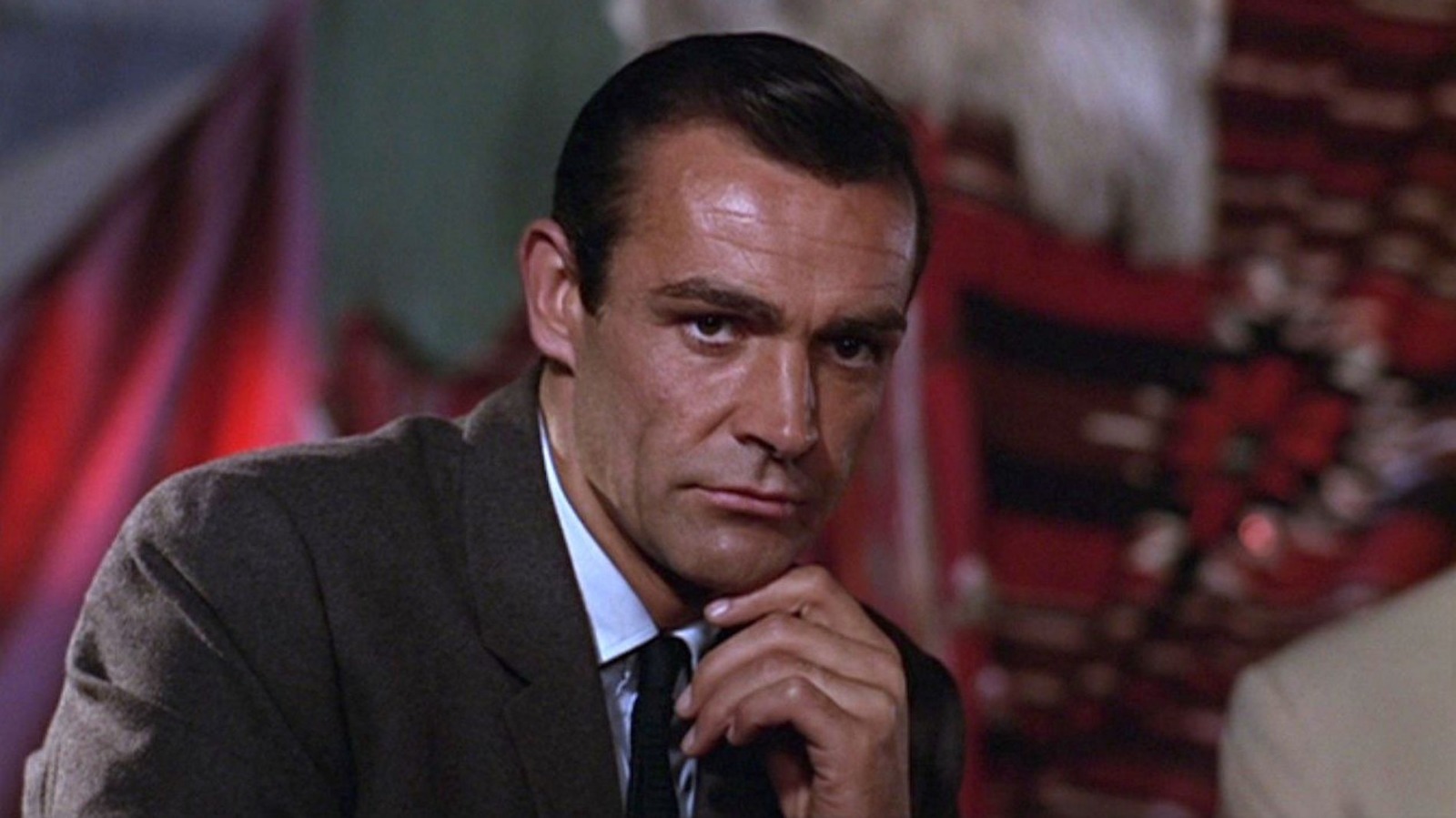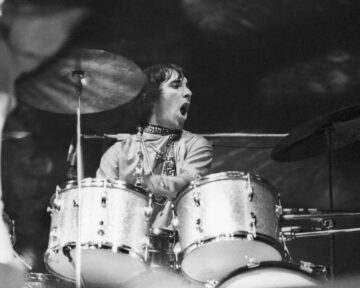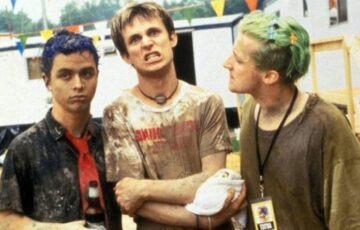With the hunt for a new 007 in full swing, Ciaran McGhee argues James Bond should stay in the present instead of returning to the 60s.
The next James Bond movie needs a jolt of inspiration to sustain the series’ future, and where better to find it than the past? Fans from around the Internet have extolled the virtues of a period Bond movie. Quentin Tarantino was famously rumoured to have pitched a version of Casino Royale set in the 1960s.
A new James Bond movie with the Sixties setting of its predecessors would not only be a worthy celebration of the saga’s history, but it would also have a totally different style to stand out from its action movie contemporaries. However, it’s not the only way to make James Bond relevant again.
Modern threats
Bond movies have always responded to the world in which they’re released. Quantum of Solace paid homage to Goldfinger’s most iconic murder scene by replacing gold with oil in 2008. Tomorrow Never Dies parodied manipulative media monopolies in 1997, a theme with even more applicability in the age of international election interference using social media.
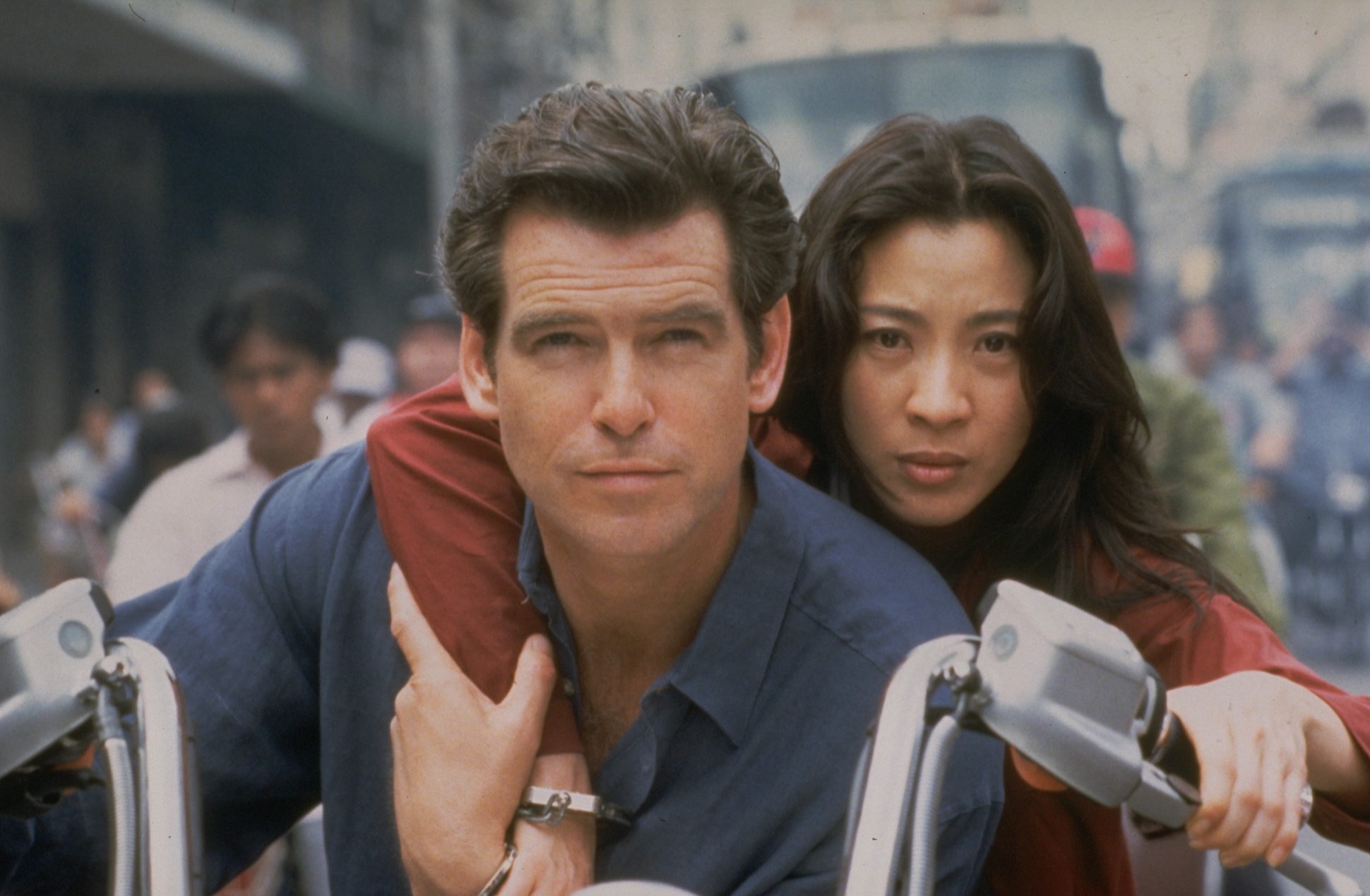
Tomorrow Never Dies motion picture, 1997. (Photo by Keith Hamshere/Sygma via Getty Images)
As eccentric billionaires and power-hungry dictators continue to reshape the world in 2023, the threats the character has faced over the last 25 movies are anything but outdated. We can’t depend on a fictional spy to fix our lives, but when we see our biggest fears on the big screen, we feel less powerless and alone. A period Bond movie could one day be a fresh experiment for the series, but it seems like a missed opportunity at a time when the real world resembles the spy’s typical stomping ground more than ever.
Martin Campbell’s Goldeneye asked if there were still a place for James Bond in the modern world, a question revisited by Sam Mendes’ Skyfall, concluding inoffensively that “the old ways still have their place.” Instead of dipping another soldier in that egg, the next Bond director can cut the man-out-of-time subplot and let the character’s relevance speak for itself by pitting him against meaningful threats to modern audiences. After all, there are current events reminiscent of the enemies 007 and his writers have faced, but they could still represent authentic, worthwhile new stories in his world.
Could data snooping be the next big issue for James Bond?
Data snooping used to be an outrage, from the UK’s News of the World phone-tapping revelations in 2011 to America’s NSA scandal that broke in 2013. In a post-GDPR-consent-form world, maybe it takes seeing this practice reimagined as the machinations of a Bond villain to remind young people just how insidious the erosion of their privacy has really been.
Cary Joji Fukunaga’s No Time to Die, a particularly strong recent Bond movie, touched on data exposure risks with a chemical weapon linked to a DNA database. However, if a more pared-back Bond reboot had the spy foil a corporate villain hell-bent on selling private data to the highest bidder, it would strike at the heart of the fears underpinning our technocracy.
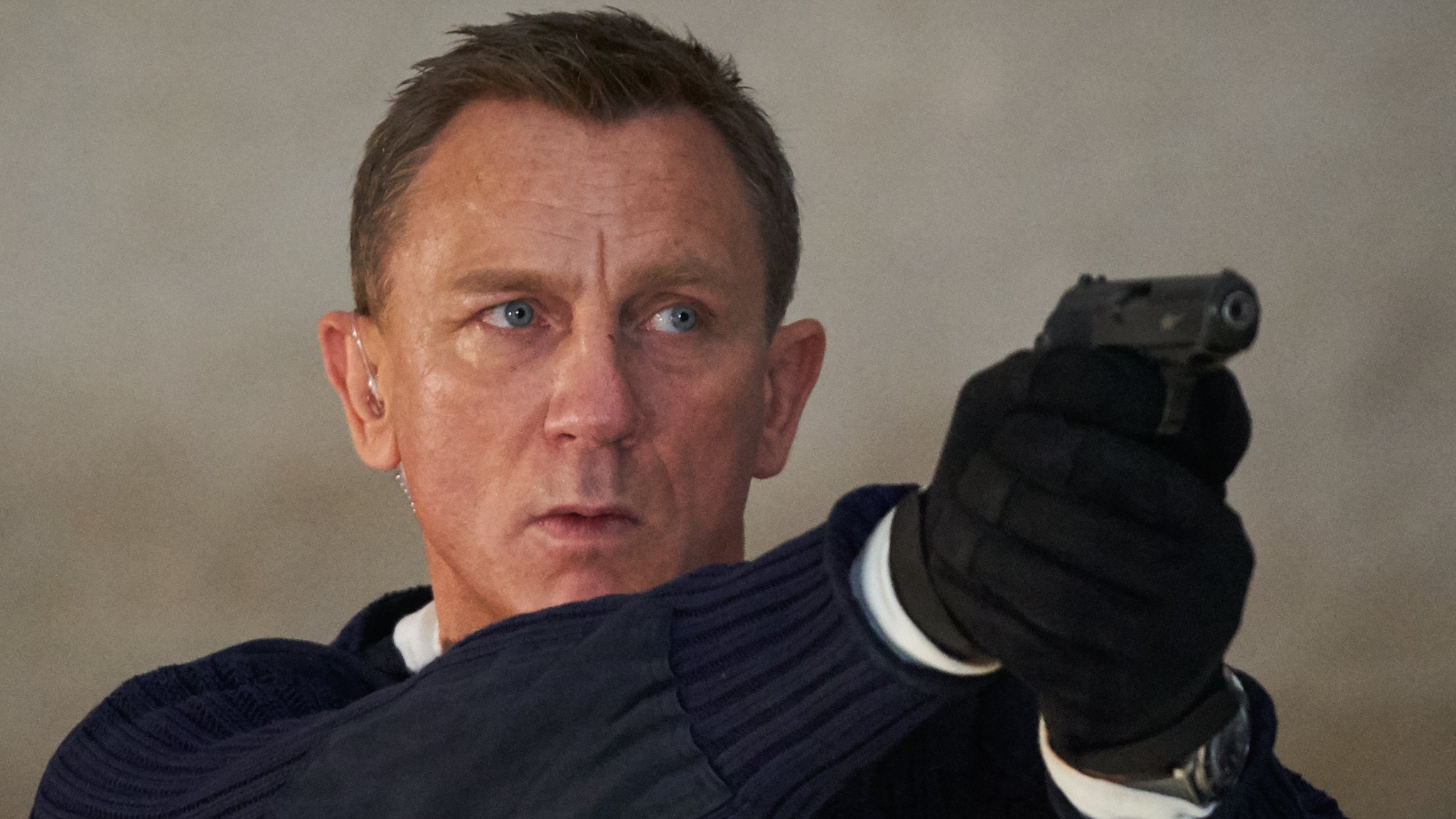
Daniel Craig has played James Bond in five films, including No Time To Die. Credit: MGM
Data snooping isn’t the only tech terror of the 21st Century. We’ve all seen the freakish simulation of Will Smith’s goblin homunculus doppelganger consuming spaghetti, but we also know that more realistic AI videos aren’t far behind.
American conservative organisation Turning Point USA has already released an outrageous deep fake video depicting US President Joe Biden invoking a new military draft, embarrassingly describing it as a “pre-creation.” This unmistakably modern nightmare rings like a descendent of the famously novel gadgets of the Cold War, one which spies on both sides could have only dreamt of. How could the caretakers of the most consistently contemporary spy movie series resist engaging creatively with the dilemmas this technology could pose?
In an interview with The Hollywood Reporter, Bond producer Barbara Broccoli said, “We always sit down with our writers, and we start by thinking about ‘What is the world afraid of?’” With Albert G. Wilson adds that “The world is so unpredictable, and it’s a rich environment for storytelling.”
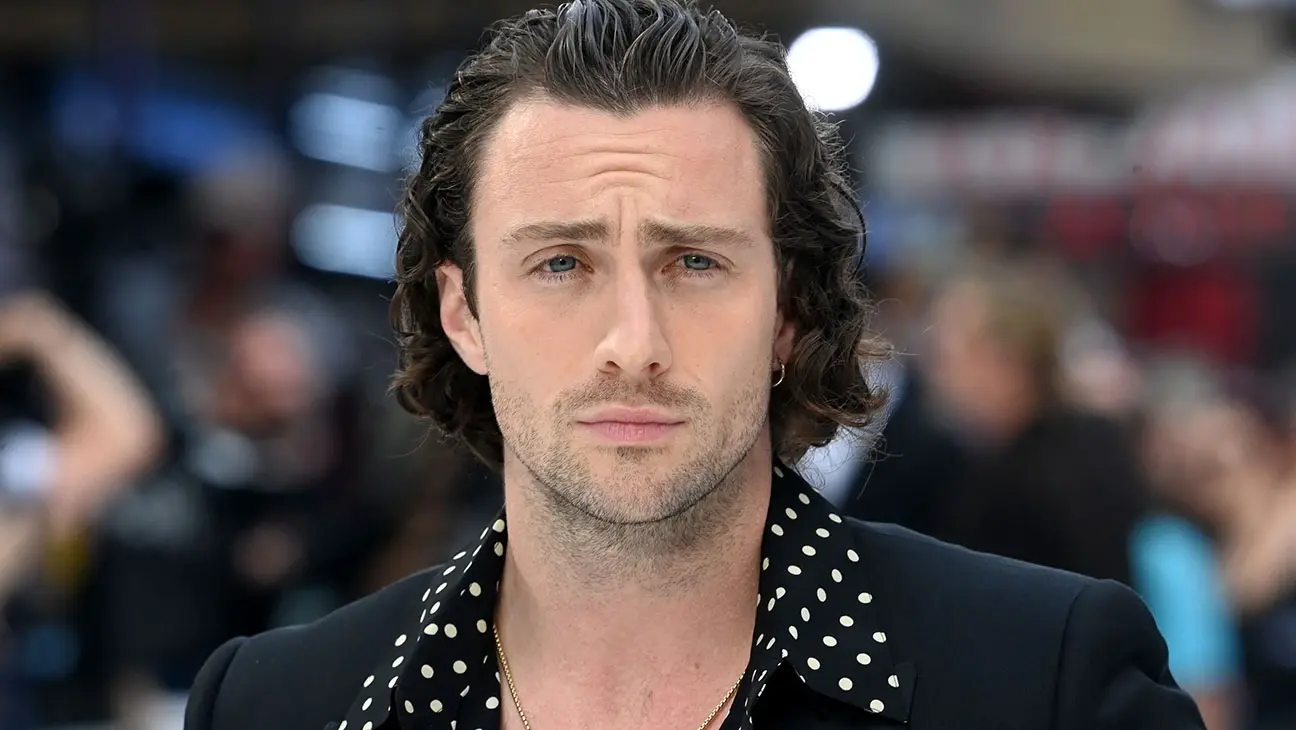
Aaron Taylor-Johnson is reportedly the current frontrunner to be the next James Bond. Credit: Getty Images
Playing on audience fears isn’t always a righteous thing. For example, Diamonds Are Forever’s gay hitmen may have been rightfully reclaimed by LGBTQ+ fans, but it’s hard to ignore how the slapstick nature of their deaths feels like a reassurance to straight audiences. A future Bond movie that puts a funhouse mirror against modern fears can’t fall back on scapegoating and stereotyping a group of people but should instead lampoon specific trends in tech and politics.
Furthermore, movies with a period setting can still be applied to modern-day contexts. However, a contemporary Bond movie would have a stronger potential to explore how innovation has sometimes made the world’s fears worse instead of better.
British problems
Unemployment and homelessness have always been an issue in Britain and the world for example, but the replacement of workers with automation and AI has exacerbated the problem in a uniquely modern way. Employers increasingly embrace these potentially dangerous tools, and feeling like the only ones who can see the risk is exasperating.
James Bond can’t save us from what we fear, but a plausible story about a spy who exposes a nefarious AI scheme could be a meaningful, mainstream call not to employ the tech so thoughtlessly.

Sean Connery in Diamonds Are Forever. Credit: MGM
It’s not about turning James Bond into a preachy political mouthpiece. The series’ most sacred duty must always be to its characters, humour, and standard-setting stunts. The stories fans have loved for over 60 years have always taken place in the real world. However, we prefer rooting for Bond when we can identify with his cause. A James Bond film set in 2023 would be so compelling precisely because James Bond is no moral champion, often criticised as a misogynistic, neo-colonial figure.
The next director has a choice to evolve the character or confront his attitudes – but more likely both. Bond movies shouldn’t be citizenship lectures, but seeing our strengths and shortcomings projected on the big screen gives us a chance to learn from the experience.
For example, when a new actor wipes away the Daniel Craig arc of understanding and forgiving the woman who betrayed him, Bond’s key character flaw of underestimating, blaming, and taking advantage of them will be reset to midnight. If the next movie featured a misogynistic Bond in the 1960s, it would be all too easy for younger fans to explain away the film’s position on how irrational that is by reassuring themselves that men with those attitudes can no longer exist. It was a “different time,” after all.

Daniel Craig in Spectre. Credit: MGM
How Broccoli and Wilson consider contemporary attitudes turn each movie into a time capsule. Now we have an accidental archive not of political reassurances but of average moviegoers’ changing hopes and fears. It would be ironic to end this tradition of spy movies that respond to developments in intelligence technology just as our ongoing information war reaches its strangest and most dangerous intersection.

